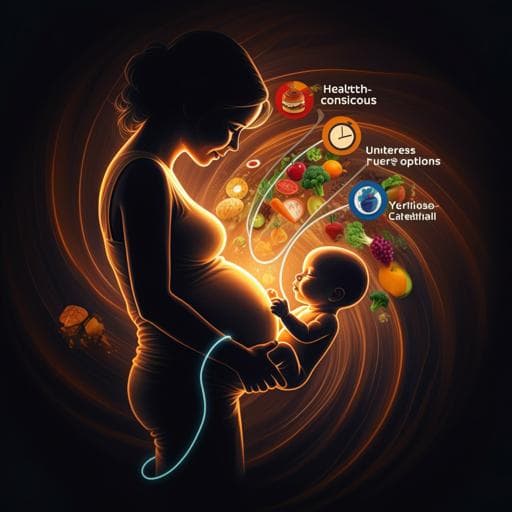
Medicine and Health
The relationship between maternal dietary patterns during pregnancy in women with gestational diabetes mellitus and infant appetitive feeding behaviour at 6 months
E. Amissah, G. D. Gamble, et al.
This study by Emma Amissah and colleagues explores how different dietary patterns during the third trimester affect the appetitive feeding behavior of infants at 6 months. Discover the intriguing sex-specific effects linked to maternal nutrition, including unexpected associations with 'enjoyment of food' and 'slowness in eating.'
Related Publications
Explore these studies to deepen your understanding of the subject.







